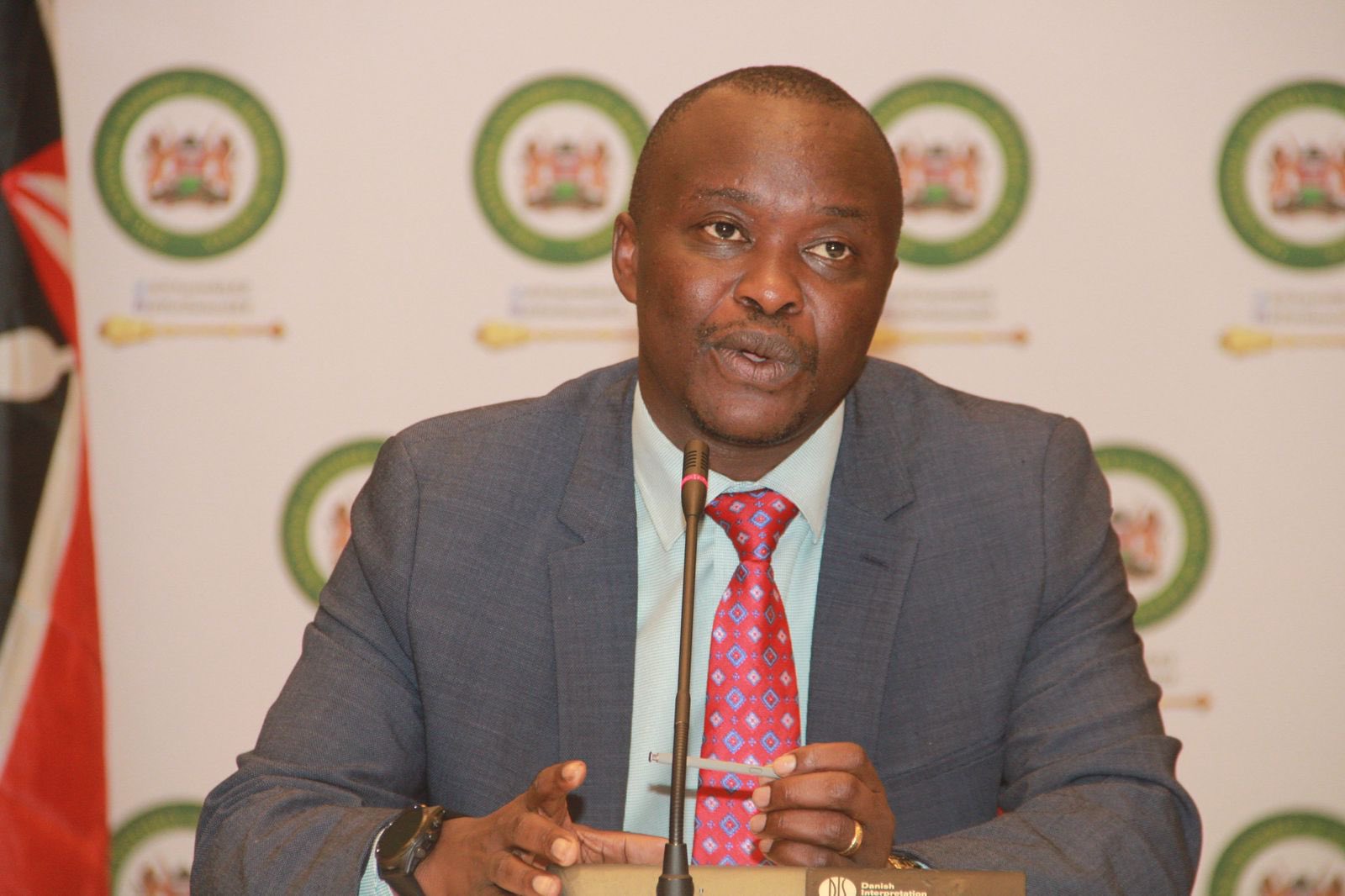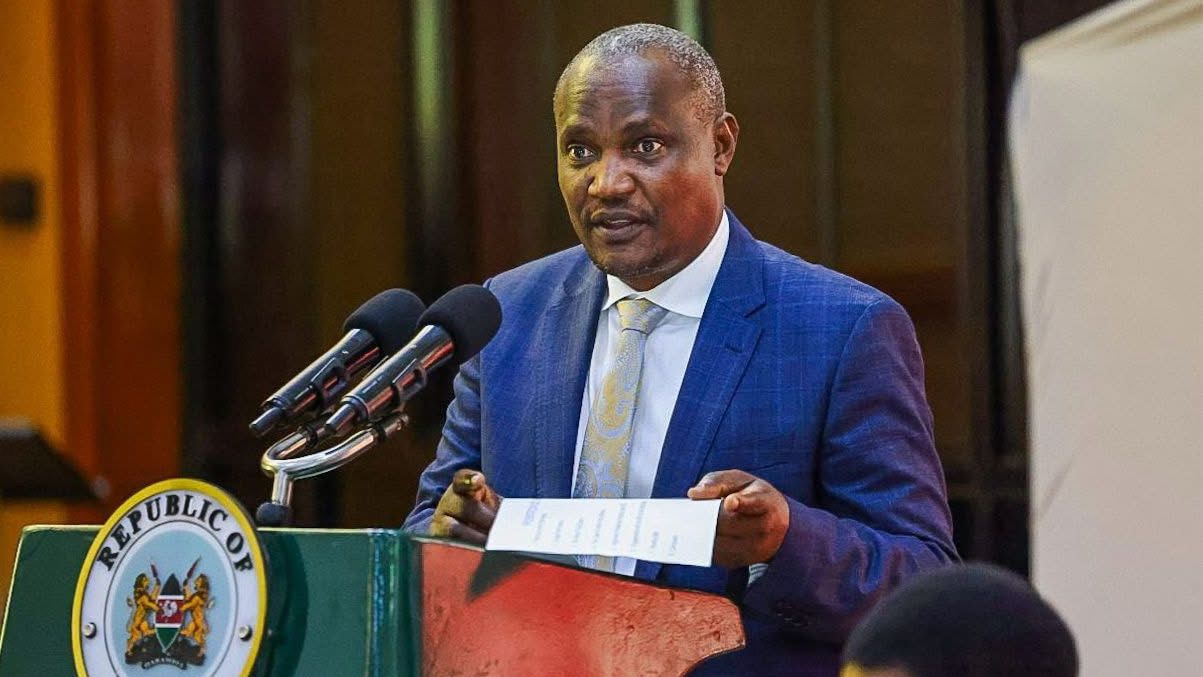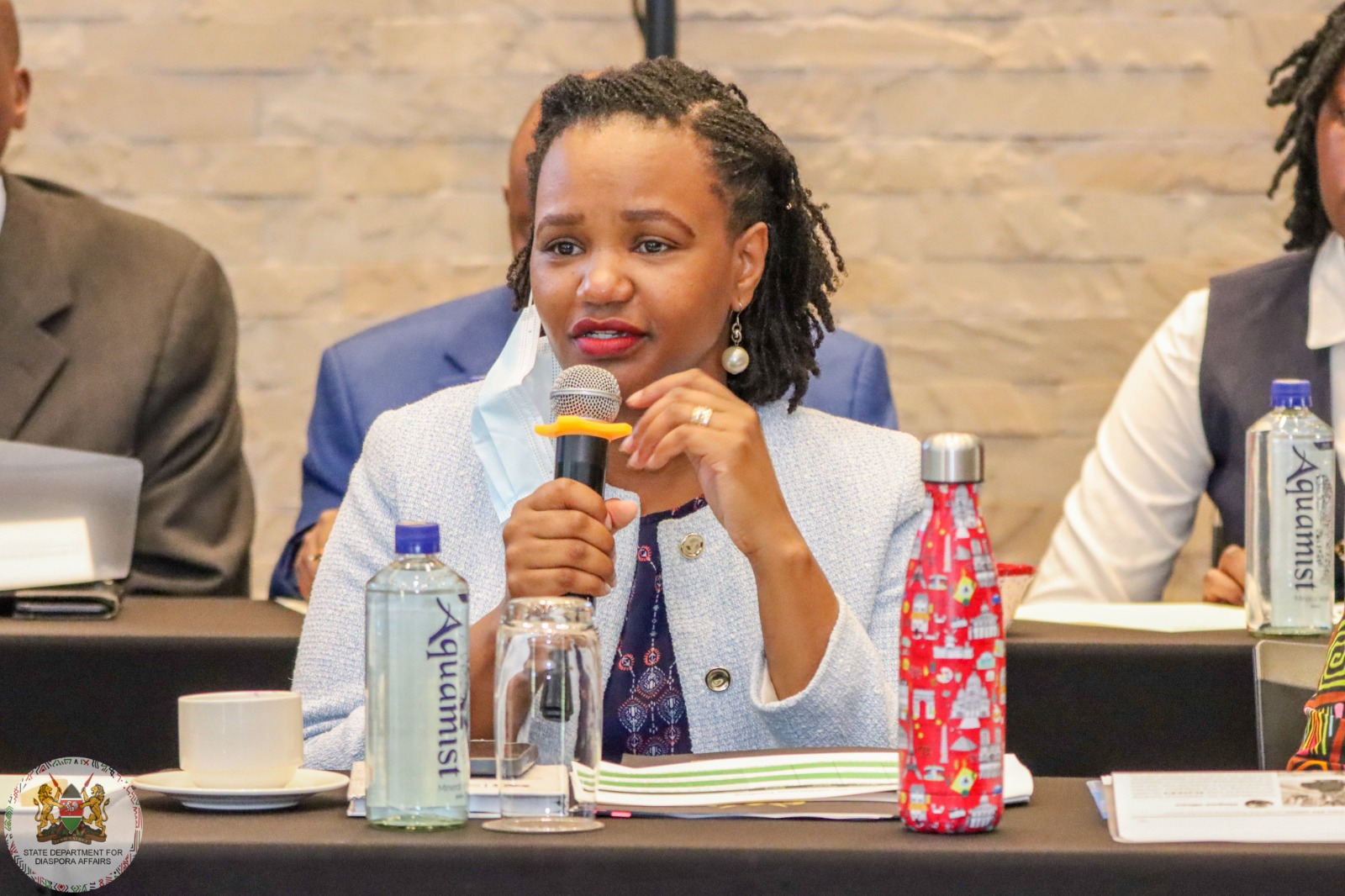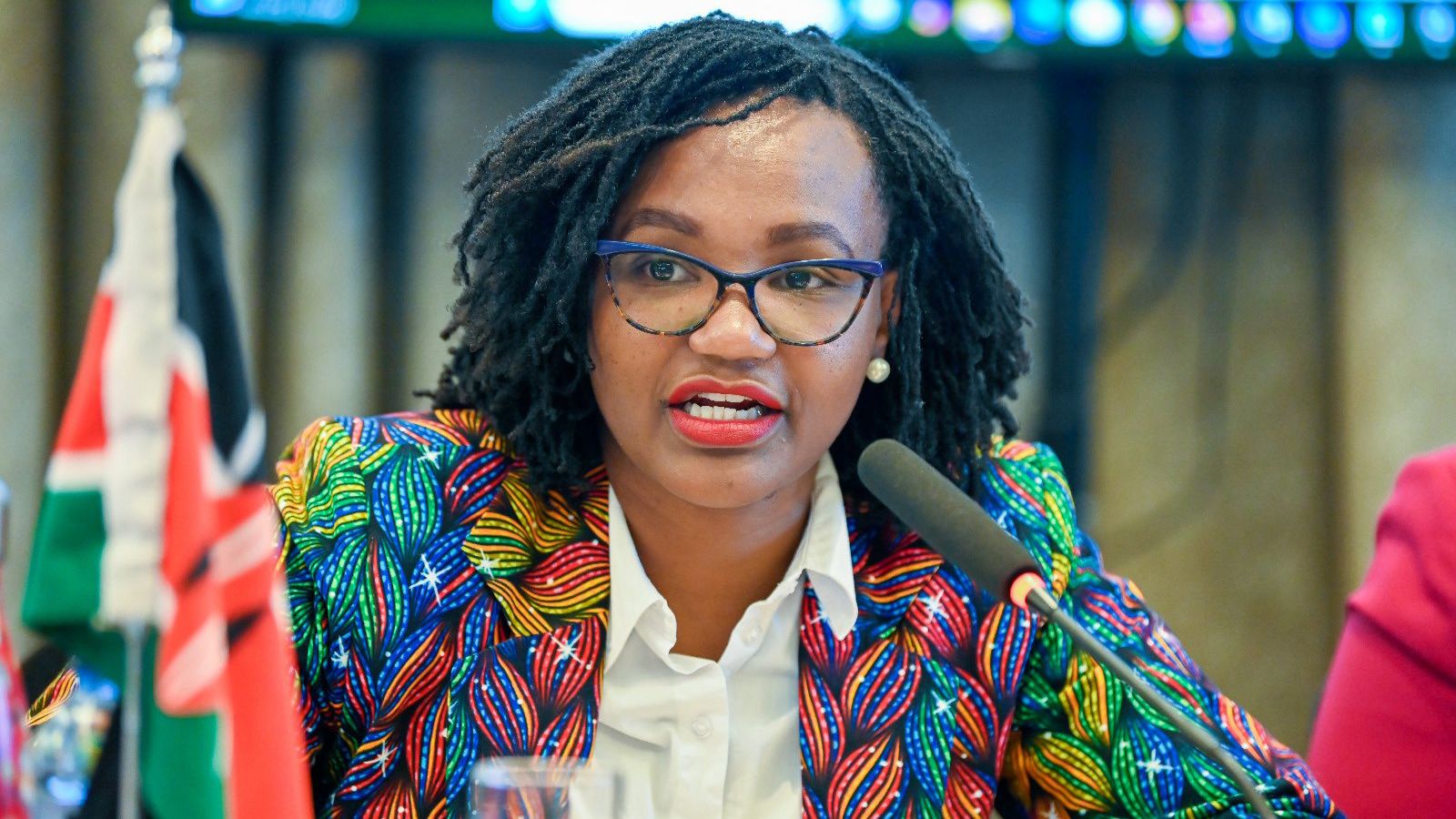Nandi Member of Parliament Bernard Kitur has proposed the introduction of a Health Promotion Levy to finance the school feeding programme.
The MP made the proposal on Thursday, May 29, while appearing before the National Assembly's Finance Committee, which is conducting public participation on the Finance Bill 2025.
According to the MP's proposal, the levy will target the soft drink industry, which produces drinks such as soda.
He explained that the levy would promote health standards in the country as it would discourage the increasing consumption of soft drinks.
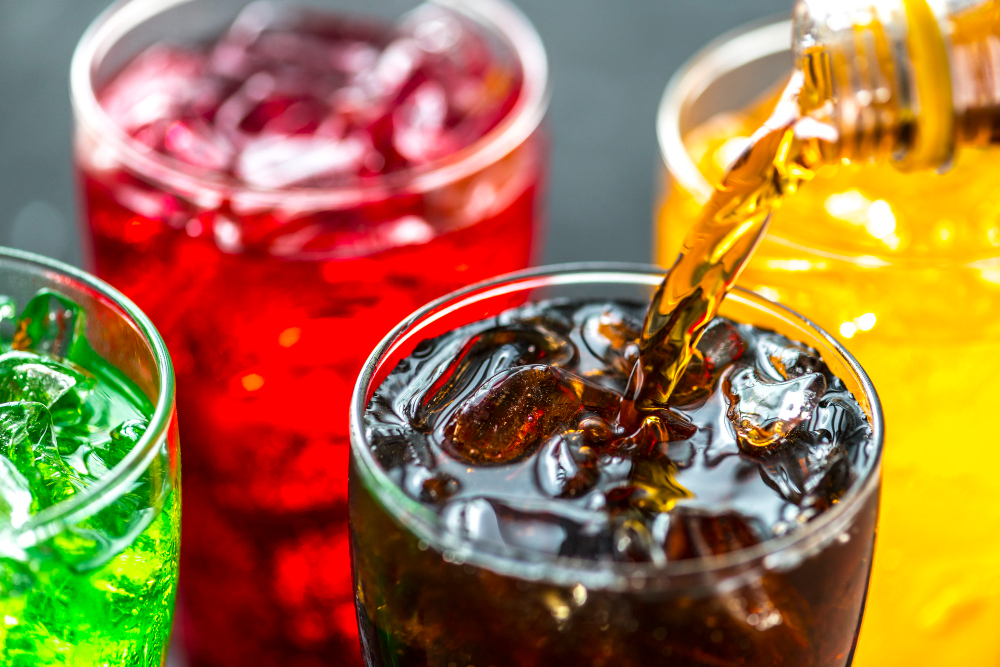
Read More
"The lawmaker argues that increased consumption of sugar has led to increased cases of obesity, diabetes, and other non-communicable diseases (NCDs)," read the statement in part.
"He proposes that the money collected through the levy be used to fund the school feeding programme, support public health campaigns, school nutrition programs, and healthcare infrastructure."
Equally, the MP highlighted that the levy would push the factories to reduce the sugar levels of their drinks, making them healthier.
"The MP has further noted that the levy is intended to reduce sugar consumption by discouraging the production and purchase of high-sugar soft drinks, and to cause Industry reformulation to encourage manufacturers to lower the sugar content in their products.
"The lawmaker says that this move will lead to increased innovation in the beverage industry towards healthier alternatives, as well as strengthened public health initiatives through dedicated funding," read the statement in part.
The Finance Committee will consider the proposal during the drafting of its final report before the debate in Parliament.
Notably, the MP is not the only person pushing for such taxation measures.
Recently, the World Bank, in a report, proposed the enhanced taxation of various products that are harmful, such as alcohol and tobacco.
"Both taxes need to be adjusted to account for inflation and economic growth to reduce consumption and prevent losses in the revenue base. Increases of 117 per cent on alcohol and 50 per cent on tobacco will return tax rates to 2016 levels adjusted for inflation and economic growth and have the potential to return revenue to 2016 levels, resulting in an increase in tax revenues from 0.27 to 0.60 per cent of GDP," the World Bank recommended.
